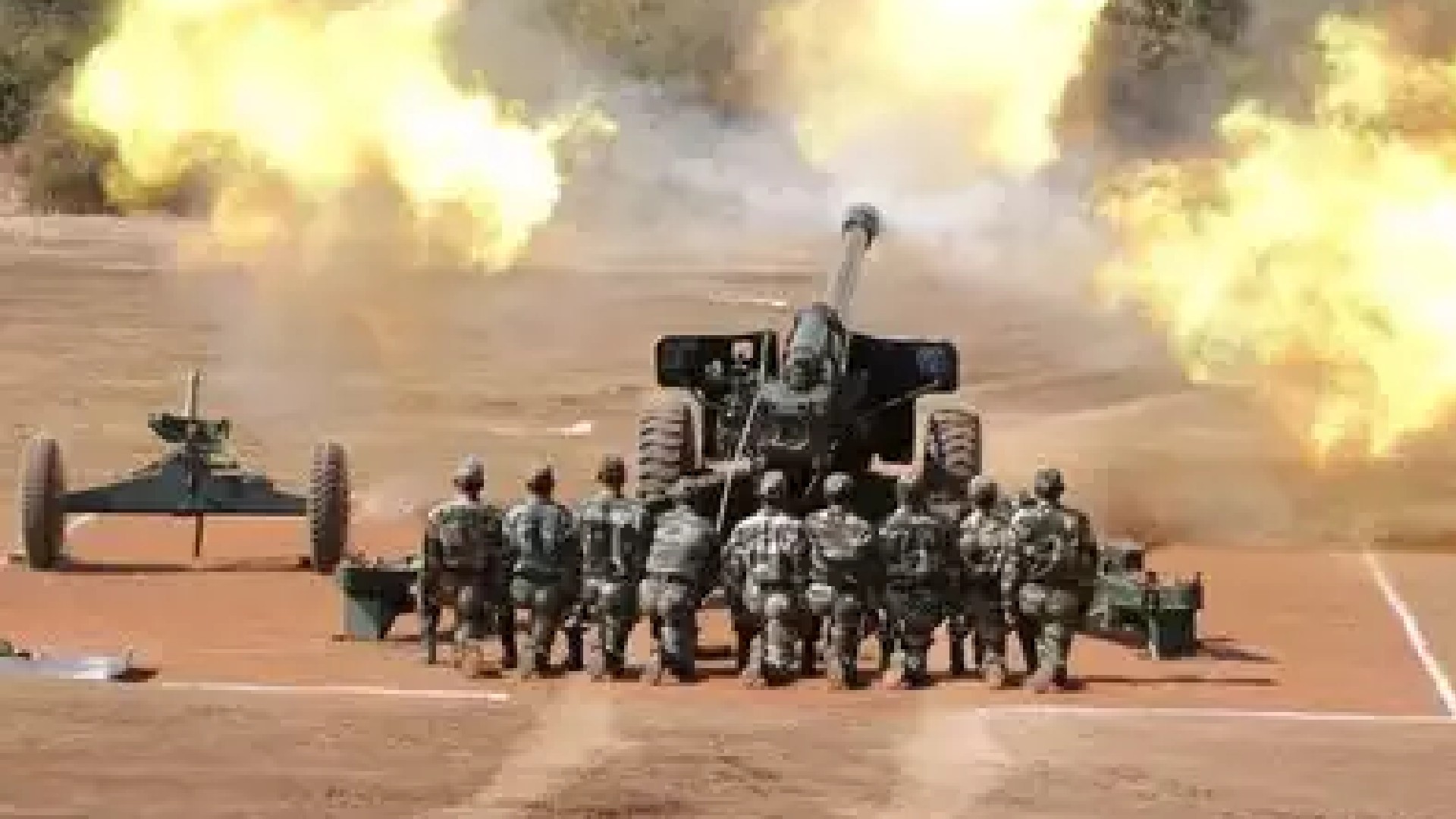In a major reform initiative, the government approved a long-pending proposal to restructure the Ordnance Factory Board that operates 41 ammunition and defense equipment production lines into seven separate corporate entities in order to improve its accountability, efficiency, and competitiveness. The decision to corporatize the OFB on defense public sector undertakings was taken at a meeting of the union cabinet nearly two decades after the reform measure was proposed to bring professionalism and substantially boost its productivity.
Defense Minister Rajnath Singh called it a “historic decision” and said nearly 70,000 employees of the organization would not be affected by it. The decision is driven by efforts to strengthen India’s defense manufacturing capabilities.
“It is a big decision that complies with India’s national security policies. It will help in fulfilling our targets for defence manufacturing. There are no changes in the working circumstances of the employees,” he told a small group of journalists.
Officials said each of the seven entities would be like any other defense public sector undertaking (DPSU). They will be managed by professional management with a larger goal of enhancing the product range, increasing competitiveness, and improving cost-efficiency.
They said the reform initiative is being implemented as part of Prime Minister Narendra Modi’s vision for self-reliance in the defense sector.

“All management and staff of OFB (Group A, B, and C) relating to manufacturing units will be transferred to the corporate entities on deemed deputation for a period of two years without altering their service conditions as central government employees,” said an official.
According to the Cabinet decision, the pension liabilities of the retired and existing employees will continue to be borne by the government.
At present, the OFB is part of the department of defense production of the Ministry of Defence.
The seven entities will include an ammunition and explosives group, vehicles group, weapons and equipment group, ‘troop comfort items group’, ancillary group, optoelectronics group, and parachute group, the officials said.
The ammunition and explosives group would be mainly engaged in the production of ammunition of various caliber and explosives. Its focus would be to exploit the enormous potential to grow exponentially, including for the export market.
The vehicles group would mainly engage in defense mobility and combat vehicles such as tanks, BMPs (infantry fighting vehicle), and mine protected vehicles. The group’s focus would be to increase its share in the domestic market through better capacity utilization and to explore new export markets.
The weapons and equipment group would be mainly engaged in the production of small arms, medium, and large-caliber guns, and other weapon systems and is expected to increase its share in the domestic market by meeting domestic demand and product diversification, officials said.
The new decision should give these companies a greater degree of autonomy, as well as increase accountability and efficiency in how the 41 factories under the new companies operate.
He said the restructuring would help overcome various shortcomings in the existing system of OFB by eliminating inefficient supply chains.
The government has also decided to delegate the cabinet’s authority to an empowered Group of Ministers headed by Singh to decide on matters related to the restructuring of the OFB.
Currently, the government is required to pay the salaries of OFB workers with around Rs 5,000 crore each year. Additionally, it provides an operational cost of about Rs 3000 crore to OFB. The ordnance factories were created as “captive centres” for serving the needs of the armed forces, but they have had performance issues for a long time.
